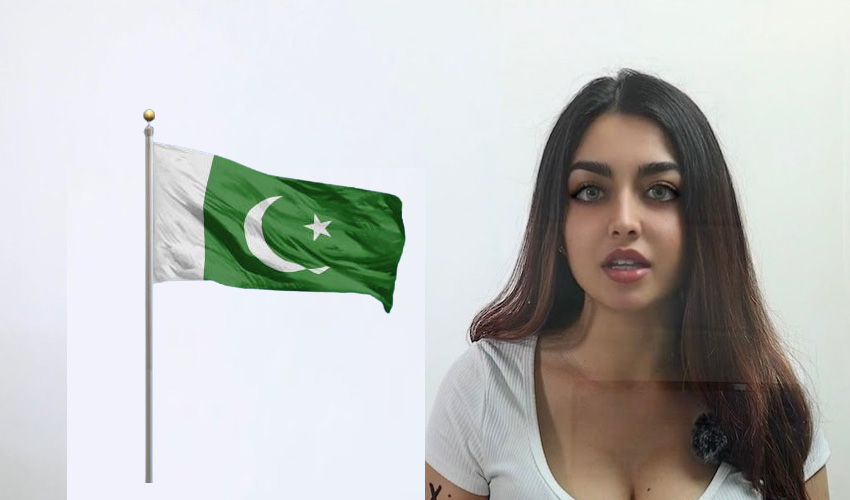Social media is currently abuzz with speculation surrounding Zara Dar - a prominent YouTuber and recent PhD dropout - who shocked the online world by transitioning to an OnlyFans career.
The content creator, known for her efforts to explain complex scientific concepts in layman's terms, has since gone viral after sharing a video titled “PhD Dropout to OnlyFans Model.”
In the video, Zara explains her bold decision to leave her PhD studies behind to pursue a career on OnlyFans, a platform known for adult content where creators share explicit photos and videos for financial gain.

Zara candidly admitted that financial stability played a role in her choice but emphasized that it was only part of the story. “Money was only part of the story,” she said, adding that she has already earned millions from the platform.
However, Zara’s sudden career shift triggered a wave of misinformation, particularly regarding her nationality and personal background.
Speculation began circulating that she might be of Pakistani origin, which prompted her to address these rumors head-on through a post on X (formerly Twitter). In her message, Zara clarified that her full name is “Darcy,” a shortened version of  her surname, and she firmly denied being Pakistani.
her surname, and she firmly denied being Pakistani.
“With all due respect, I am not Pakistani,” Zara stated. “I believe some people are confusing me with a beautiful influencer named ‘Zara Dar’ (@ZaraNaeemDar). I am American, born and raised here, with a mixed background that includes American, Persian, Southern European, Middle Eastern, and Indian heritage,” she explained.
Zara further distanced herself from any fake accounts or deepfake videos circulating online that falsely attributed content to her. To ensure her followers could connect with her on official channels, she shared her verified X account, urging fans to follow her for accurate information.
View this post on Instagram
The rumors surrounding Zara’s nationality sparked discussions about the complexities of identity, especially in the age of digital content creation, where creators often face scrutiny and assumptions based on their online personas.
Zara's case highlights how easy it is for misinformation to spread in the digital world, especially when a person's life takes a dramatic turn in the public eye.



























